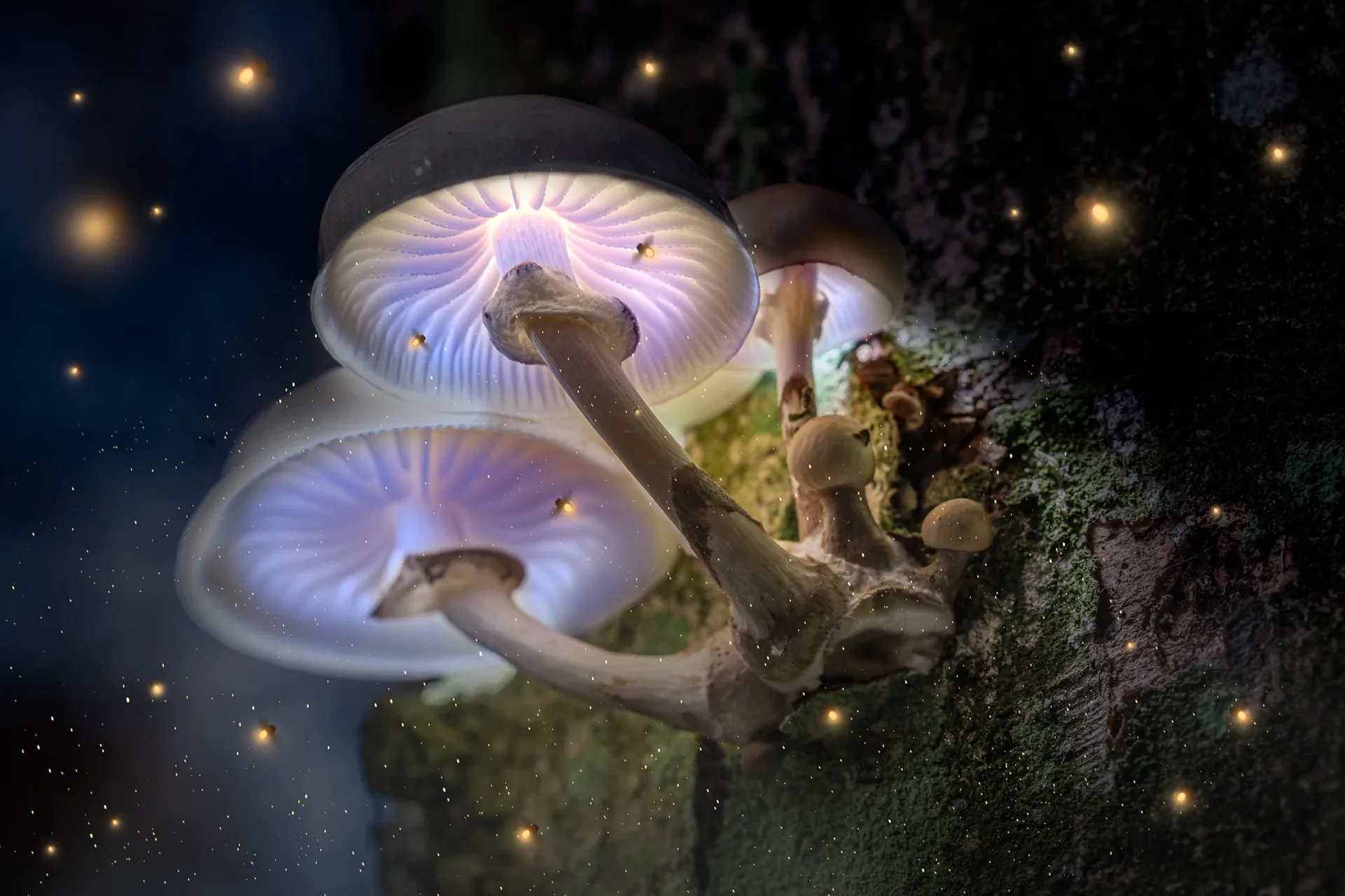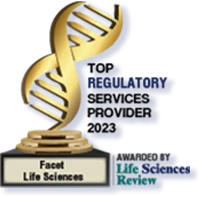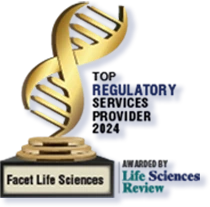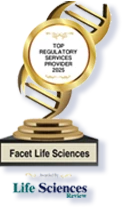Psychedelics

Psychedelics derived from plants and fungi have been used since ancient times for religious and medicinal use. They are a diverse group of hallucinogens which alter awareness, mood, and emotions. Early research has indicated that hallucinogens affect brain chemistry and signaling and may affect serotonin, which in turn, can affect sleep, hunger, sensory perception, and mood.
There are 2 types of hallucinogens: classic (e.g., LSD, psilocybin, DMT) and dissociative (e.g., PCP, ketamine, and dextromethorphan). Naturally derived and synthetic forms of both types of hallucinogens are currently being explored as therapeutics for depression, anxiety, alcohol and nicotine addiction, OCD, and obesity.
Despite the long history of human use of hallucinogens, there is surprisingly little controlled clinical research to aid in our understanding of the benefits and risks of psychedelics for the treatment of CNS disorders.
Facet is proud to be a leading regulatory development partner in helping organizations progress their psychedelic therapeutic products as drugs in the US.
“Facet helped our team achieve something unheard of in the psychedelics industry. Their strategic leadership and flawless tactical execution supported us from conception to successful IND-filing for a new chemical entity in 18 months.”
Facet has experience:
- Designing streamlined nonclinical programs for naturally derived and synthetic psychedelics to speed opening a research or commercial IND
- Evaluating IND- and NDA-stage development programs for gaps and risks to clearance/approval
- Conducting literature searches and reviews of publicly available data to propel regulated development
- Providing strategic guidance and support to help satisfy FDA’s chemistry, manufacturing, and controls (CMC) requirements for naturally derived and synthetic psychedelics
- Championing the preparation, submission, and maintenance of INDs and NDAs
- Working effectively with FDA Office of Neuroscience – Division of Psychiatry and Neurology I and II
AWARDS & RECOGNITION






gET sOCIAL